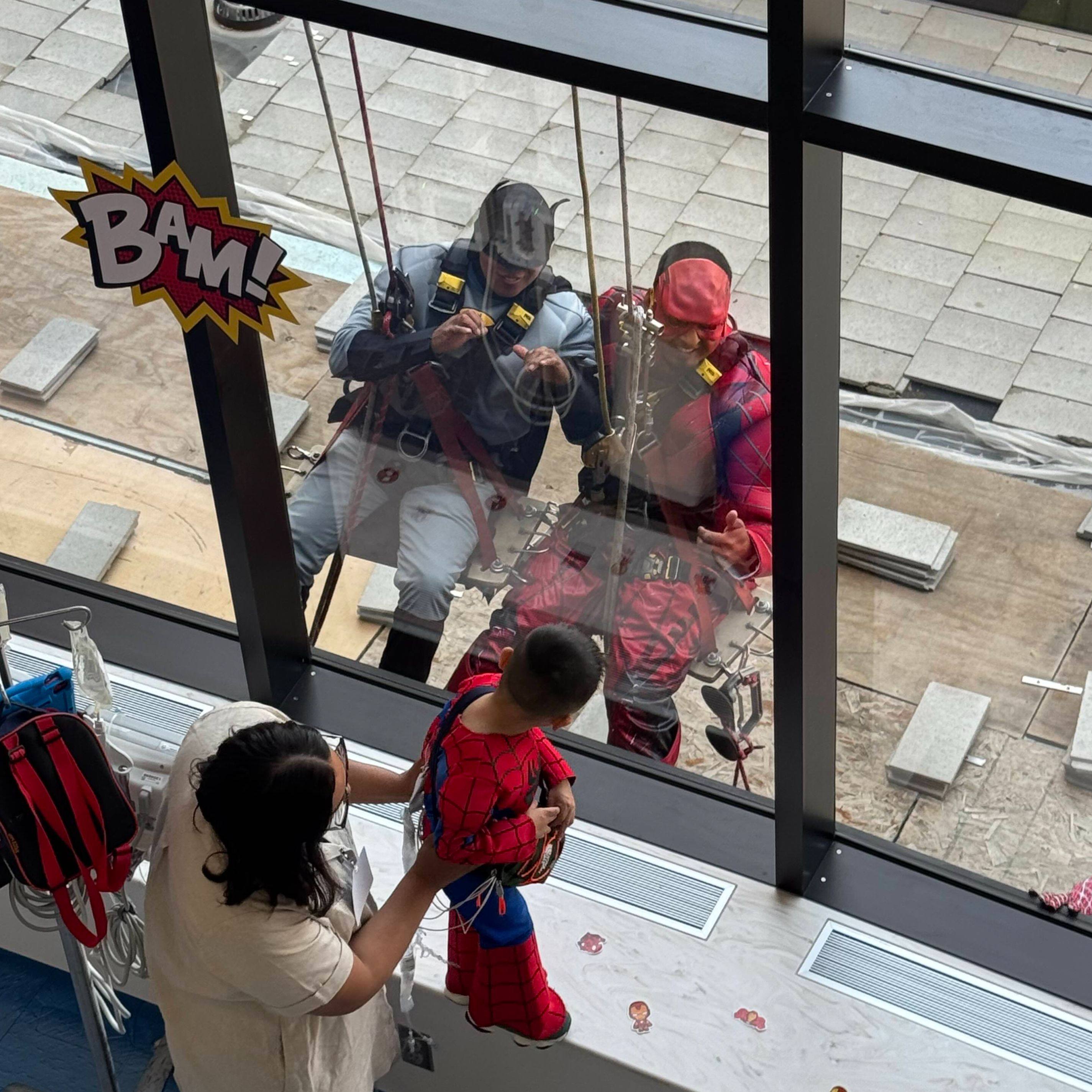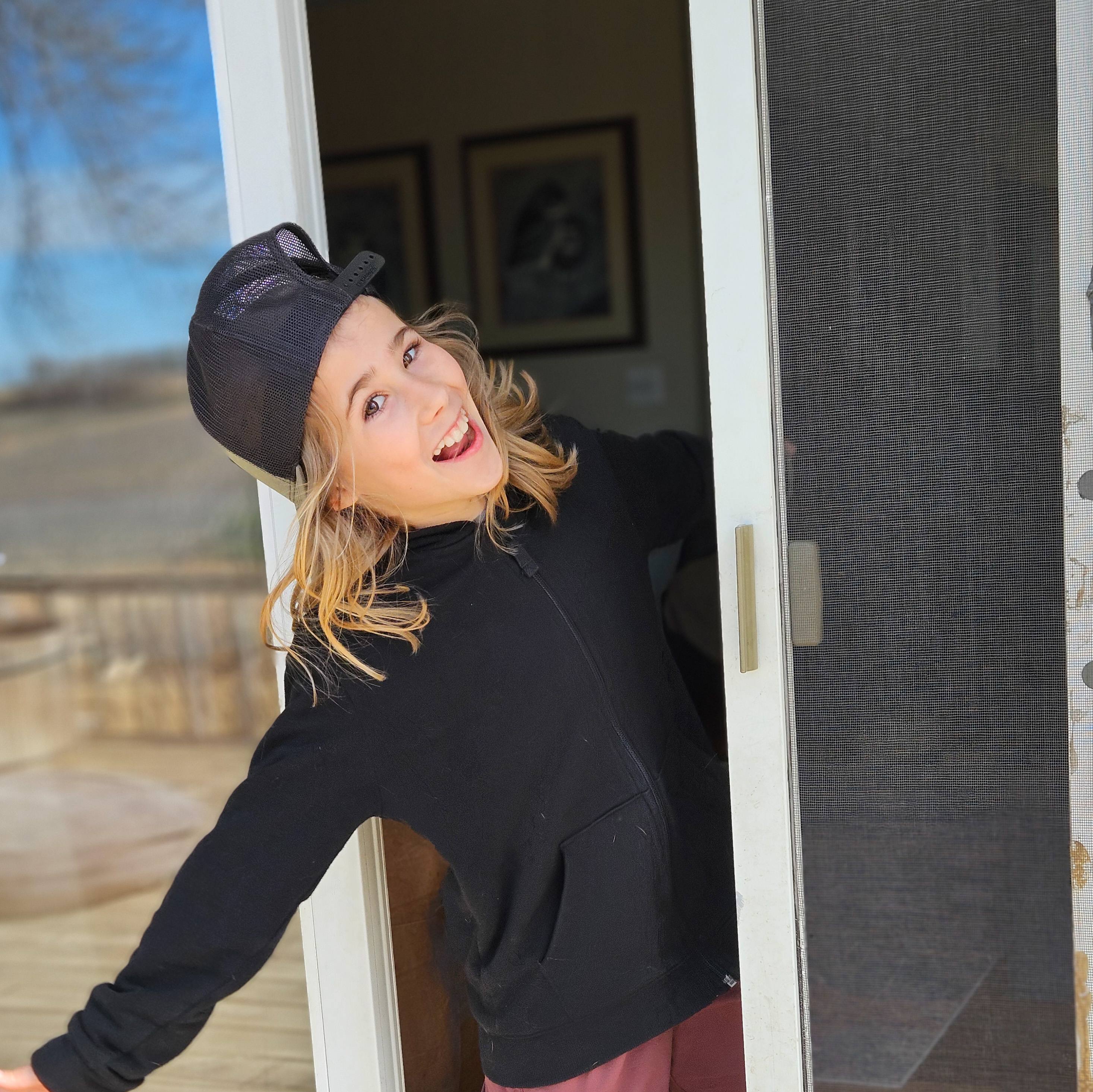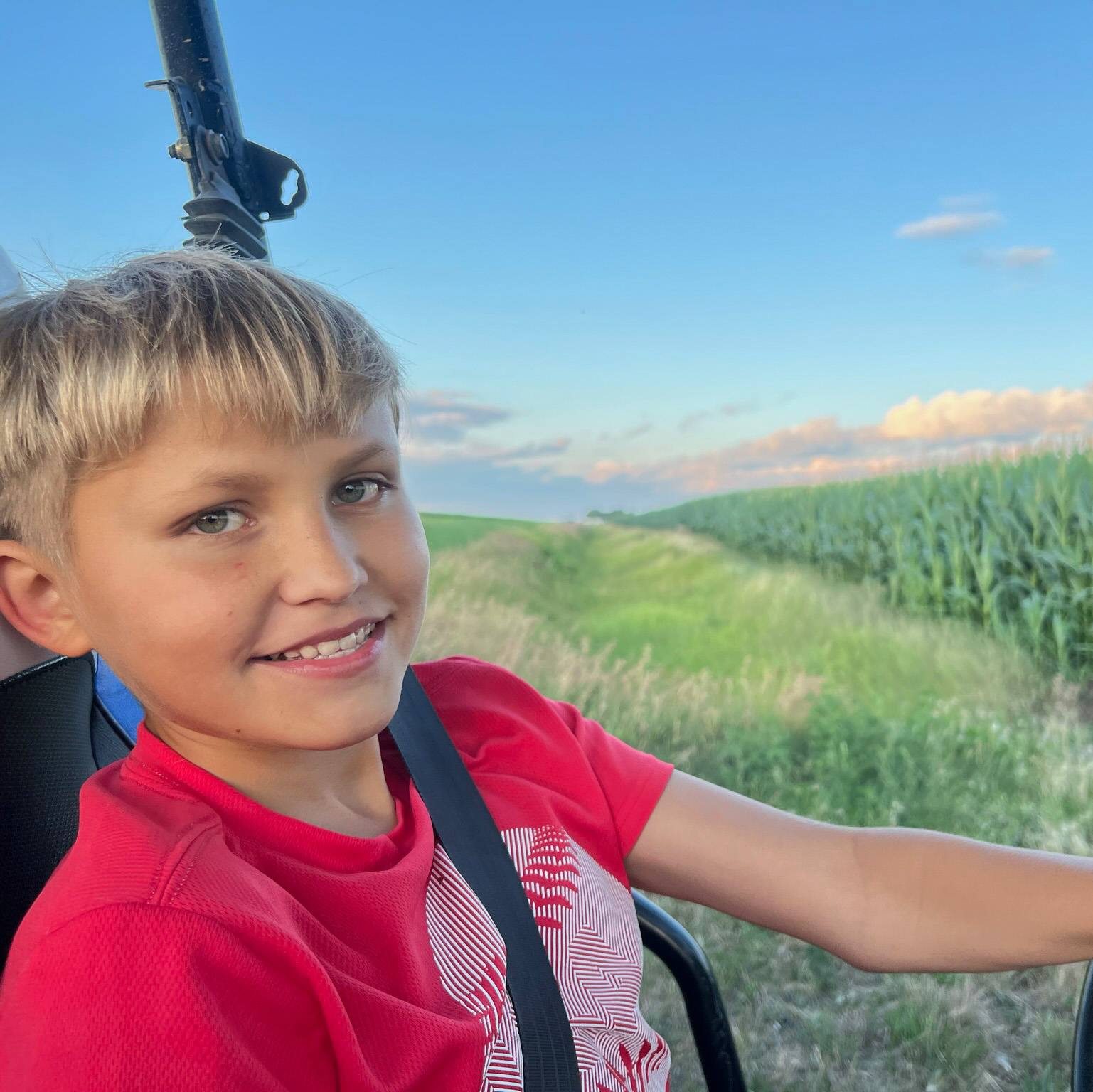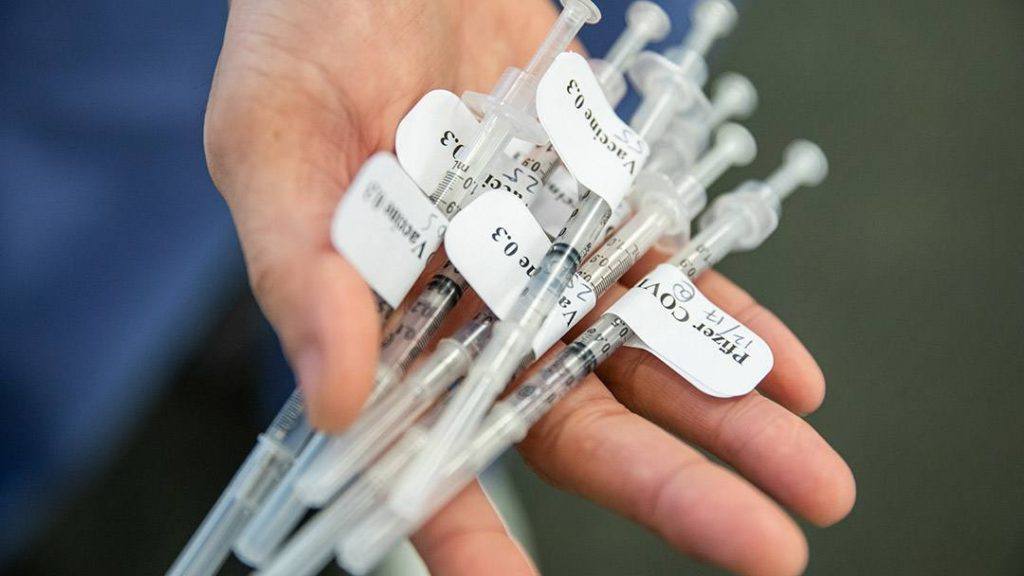
A coronavirus disease 2019 (COVID-19) vaccine is now available to children ages 12 through 15 in the U.S. Here's what parents, caregivers and children need to know about the safety and effectiveness of the vaccine, the possible side effects, and the benefits of getting vaccinated.
This is written by Mayo Clinic Staff and you can find the entire article here.
____________________________________________
What COVID-19 vaccine has been approved for kids?
The U.S. Food and Drug Administration (FDA) has given the Pfizer-BioNTech COVID-19 vaccine emergency use authorization for children ages 12 through 15. The FDA first gave this vaccine emergency use authorization for people age 16 and older in late 2020.
The Pfizer-BioNTech COVID-19 vaccine requires two injections given 21 days apart. The second dose can be given up to six weeks after the first dose, if needed.
Research has shown that the Pfizer-BioNTech COVID-19 vaccine is 100% effective in preventing the COVID-19 virus in children ages 12 through 15. Previous research has shown that the vaccine is 95% effective in preventing the COVID-19 virus with symptoms in people age 16 and older.
How did the FDA determine the safety and effectiveness of the Pfizer-BioNTech COVID-19 vaccine for use in kids ages 12 through 15?
The FDA reviewed a study of more than 2,200 U.S. children ages 12 through 15. Of this group, about half were given the Pfizer-BioNTech COVID-19 vaccine. The other children were given a harmless fake (placebo) shot.
A week after the second dose was given, research showed no cases of COVID-19 in the 1,005 children given the Pfizer-BioNTech vaccine. Among 978 children given the placebo, there were 16 cases of COVID-19. None of the children had previously been diagnosed with COVID-19. The results suggest that the vaccine is 100% effective at preventing the COVID-19 virus in this age group.
What are the side effects of the Pfizer-BioNTech COVID-19 vaccine for kids ages 12 through 15?
Children ages 12 through 15 given the Pfizer-BioNTech COVID-19 vaccine had side effects similar to those experienced by people age 16 and older. The most commonly reported side effects include:
- Pain where the shot was given
- Fatigue
- Headache
- Chills
- Muscle pain
- Fever
- Joint pain
Similar to adults, children have side effects that typically last 1 to 3 days. More adolescents reported these side effects, except for injection site pain, after the second dose of the vaccine. However, some people have no side effects.
After your child is given a COVID-19 vaccine, he or she will be monitored for 15 to 30 minutes to see if he or she has a severe allergic reaction that requires treatment.
It isn’t recommended that you give your child an over-the-counter pain reliever before vaccination to prevent side effects. It’s OK to give this kind of medication after your child gets a COVID-19 vaccine.
Read more information below:
- Is there any research on the long-term effects of the Pfizer-BioNTech COVID-19 vaccine?
- If children don't frequently experience severe illness with COVID-19, why do they need a COVID-19 vaccine?
- How does the Pfizer-BioNTech COVID-19 vaccine work?
- Is there any difference in the ingredients or dosing of the Pfizer-BioNTech vaccine for people age 16 and older and for children ages 12 through 15?
- Are there any children who shouldn't get the Pfizer-BioNTech COVID-19 vaccine
- Can a COVID-19 vaccine give a child COVID-19?
- Can a COVID-19 vaccine affect fertility or menstruation?
- How can children ages 12 through 15 get a COVID-19 vaccine?
- How soon can a child get a COVID-19 vaccine before or after getting another vaccine?
- What can my child do after getting a COVID-19 vaccine?
____________________________________________
Information in this post was accurate at the time of its posting. Due to the fluid nature of the COVID-19 pandemic, scientific understanding, along with guidelines and recommendations, may have changed since the original publication date.
For more information and all your COVID-19 coverage, go to the Mayo Clinic News Network and mayoclinic.org.
Learn more about tracking COVID-19 and COVID-19 trends.
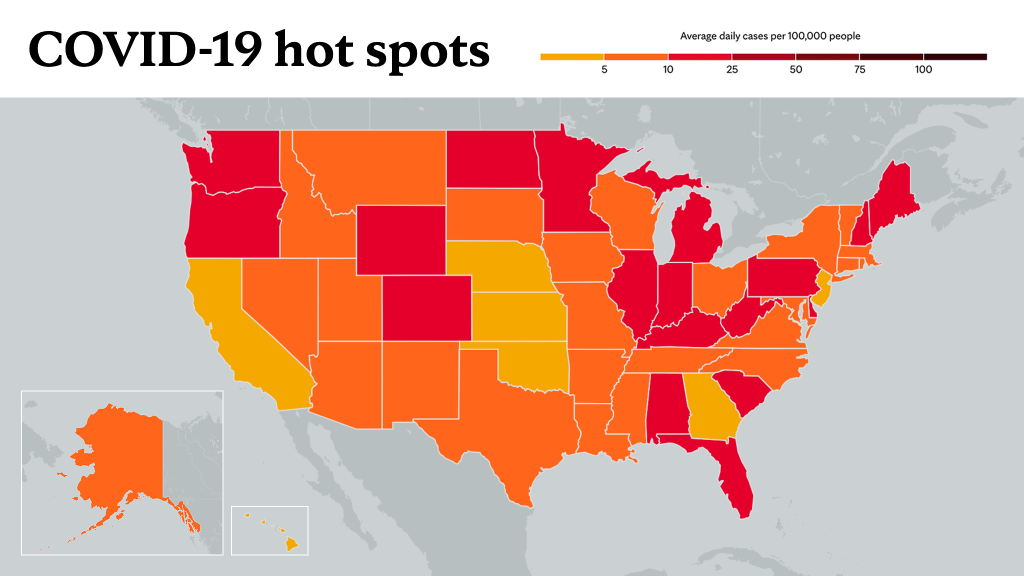
Related Articles
